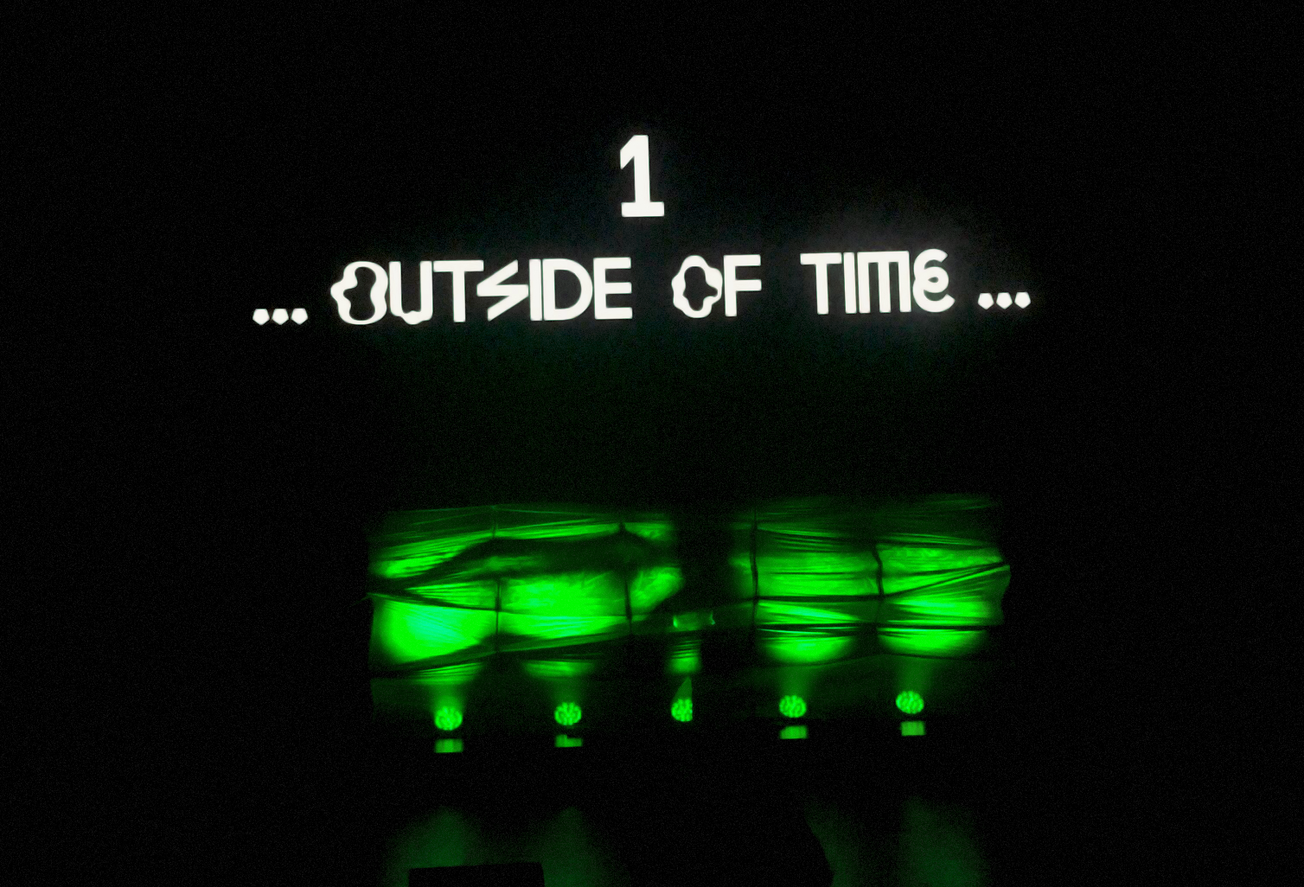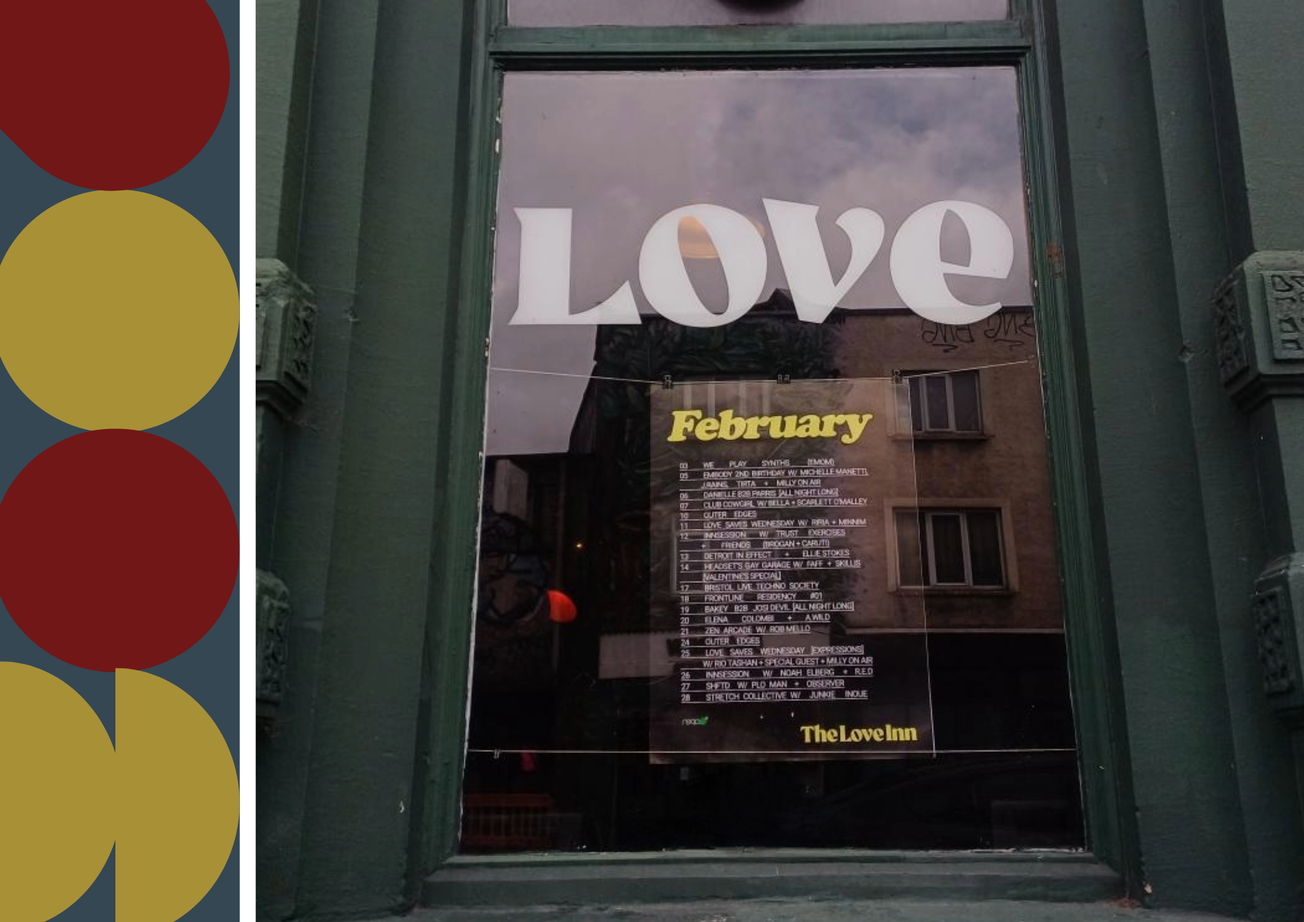By Gruff Kennedy, Postgraduate English and Flora Pick, Deputy Music Editor
On the 30th January 2021 there was a full moon in Athens, Greece. The pioneering and boundary-redefining artist SOPHIE died following a fall as she climbed up to get a better view.
Her loss has been felt immediately and keenly amongst peers and fans. The sudden, cruelly unnecessary nature of her death seems to leave a vacuum in its wake, as the guaranteed impact she was going to have on pop music of the future becomes splintered with unknowns.
Upon death it tends to become very easy to mythologise, to build somebody into something they were not in service of their memory. With SOPHIE there is no need to do so. She was a true and rare visionary, peerless in her ability to shape and push the culture forward, the extent to which she did so remains tragically unrealised at the point of her death.
Rest in Power you incredible human 💔 pic.twitter.com/qnxHwivvYw
— PAN (@PAN_hq) January 30, 2021
As Spotify’s much-contested ‘hyperpop’ playlist reshaped the way we conceived of pop music in 2020, it is difficult to not look to the legacy of PC Music and the role SOPHIE played in deconstructing electronic pop, only to rebuild it glossy and askew. While the likes of 100 gecs’ 1000 gecs and Charli XCX’s how i’m feeling now were celebrated for their appearance, fully-formed, so strangely apt for these times, they are but some of the recent projects that owe a debt to SOPHIE’s innovation, beginning in the early 2010s. Hyperpop didn’t spring from the ether in 2019; SOPHIE was the genre’s most dedicated pioneer.
A brief Google will reveal hushed, reverent PC Music forum threads in which users dig up obscure SOPHIE gems from as far back as 2008. Enthusiasts pore over bizarre collaborations with artist Matthew Lutz-Kinoy, broken links purporting to lead to obscure live snippets from early gigs, unattributed collaborations on unlisted YouTube videos, and even what recorded fragments remain of her pre-2010 work as the keyboardist of professional Berlin weirdos Motherland. Some of the songs from this period don’t even have names, some appear to have been scrubbed off the face of the internet, but all are unmistakably SOPHIE, and the vast majority indisputably fit hyperpop’s over-engineered satirical aesthetic. For context, ‘Godfather of hyperpop’ A.G. Cook only founded PC Music in August 2013.
It wouldn’t be a stretch to say that SOPHIE had already codified the hyperpop aesthetic even as the genre was still finding its feet, in a process which began with 2013’s ‘BIPP’ and reached its ludicrous peak with 2014’s ‘Hey QT’. ‘BIPP’ initially sounds like superficially glossy club music, but its high-pitched vocals and danceable beat are underpinned by a succession of lurching, unsettlingly squelchy synths, and a challenging lyrical hook: ‘I can make you feel better / If you let me’. Following single ‘Lemonade’ pushed the boundaries even further, a compelling but uncomfortably organic number which transcended the genre’s demented satire of capitalist realism entirely by ending up soundtracking a McDonald’s ad.
It’s a testament to her phenomenal musical intuition and wit that SOPHIE managed to make even this infamous fount of corporate blandness sound fresh. ‘Hey QT’, however, is arguably the closest this growing collective of hyperpop fiends ever got to a mission statement. The single stems from a multimedia project centred around the eponymous QT, the living personification of semi-fictitious ‘energy elixir’ DrinkQT. To say it divided opinion would be an understatement; critics and punters alike were baffled, repelled, turned off, or were enraptured and hailed the advent of an entirely new form of music and art. Even by SOPHIE’s rarified standards, this is pop at its most hyperreal, most exaggerated, and most incisive — but it didn’t signal a stop to her relentless innovation.
A criticism often levelled at hyperpop, and PC Music in particular, is that it is too knowingly artificial, that it lacks a human touch, it is music for a fictional cyberpunk dystopia, not for actual living human beings. This is not a criticism easily levelled at SOPHIE, glassily abrasive aesthetic aside. Her magnum opus, and only released studio album, 2018’s Oil of Every Pearl’s Un-Insides stacked the transcendental bliss of ‘Is It Cold In The Water?’, the irrepressible joy of ‘Immaterial’, the slap-in-the-face BDSM of ‘Ponyboy’, and the pained longing of ‘Infatuation’. Perhaps most impressively, album opener ‘It’s Okay To Cry’, demonstrated that SOPHIE was perfectly at home with a stripped-back, raw sound too. Its minimalist production is the perfect showcase for her first ever vocal performance, and the result is a beautiful, intimate, immensely moving ballad which brims with a vulnerable strength. Words, to be entirely frank, begin to feel insufficient.
A trademark ability to bend synths to the point where electronic imitators have the physicality of kitchen objects being slammed together crosses boundaries of genre, which suddenly begin to appear very adolescent in the context of SOPHIE’s ability to get tracks to bend to her will. Whether laying the groundwork for Kendrick Lamar on Vince Staple’s ‘Yeah Right’, moulding the cultural reset that was Charli XCX’s ‘Vroom Vroom’, or dipping into K-pop for her work with ITZY, when SOPHIE appears as a producer on a track, there’s no need to check the credits — you will know.
Rest In Peace pic.twitter.com/fl6qTD0r8M
— Vince Staples (@vincestaples) January 30, 2021
SOPHIE’s influence ran deep, but it’s easy to forget quite how much, given her well-deserved reputation as a relentless sonic experimenter unconcerned with the mainstream. Tributes came, of course, from alt-pop staples Charli XCX, Rina Sawayama, GFOTY, Sarah Midori Perry, Danny L Harle, and Christine and the Queens. They also came, however, from figures as diverse as Sam Smith, Rita Ora, Nile Rodgers, Madonna, Munroe Bergdorf, Jack Antonoff, Rihanna, and Annie Mac; these two rather disparate groups represent only a small portion of the enormous volume of acclaim to be found online in the wake of SOPHIE’s death. There’s a reason that such a variety of people can be seen paying homage to SOPHIE in the wake of her passing. She had a reputation not just as a musical visionary, though she absolutely was, but as a warm and compassionate collaborator also, one who took every song and artist she worked with seriously and never phoned it in.
Beyond the big names, a group experiencing SOPHIE’s loss more achingly than any other are her fellow trans women. SOPHIE’s transness was inextricable from her artistic innovation: in a 2018 interview with Paper she commented that she was able to ‘Get closer to how you feel your true essence is without the societal pressures of having to fulfil certain traditional roles based on gender’. The act of utter uninhibited self-creation was in-line with the music she created, which was wholly uninterested in bending to convention of pre-existing structures. SOPHIE didn’t require the moulds of others, she made her own. Her position, not only as a musical icon, but as an explicitly trans one, makes her premature death feel especially cruel and unfair, a meagre accident taking away the life of someone who already survived in the face of adversity.
Going forward, it is still difficult to conceive of how SOPHIE’s absence is going to affect things as the dust settles, her absence from the promised future of cutting-edge pop seeming as though it will be eternally conspicuous. As SOPHIE’s innovation dictates the sound of the coming years, as time catches up with her vision, it’s important that we remember her as the visionary she was, always looking up.
Featured image: Christie Evelyn
Have you encountered SOPHIE's work?








